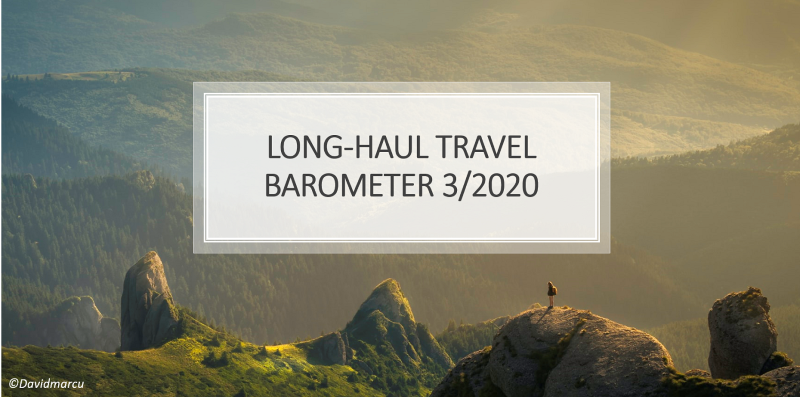
(TAN): The latest Long-Haul Travel Barometer (LHTB), an initiative by the European Travel Commission (ETC), has indicated a positive shift in people’s attitudes to overseas travel in September-December 2020. Still, it will take a long time before confidence for travel gets back to pre-Covid-19 levels.
Results of the survey show slow recovery in the travel intention of Chinese, Brazilian and Russian respondents, while Japanese and U.S. respondents are the most pessimistic about taking trips abroad.
Envisaged by the European Travel Commission and Eurail B.V, the Long-Haul Travel Barometer is aimed at monitoring travel sentiment in some of the most relevant outbound travel markets for Europe – Brazil, China, Japan, Russia and the United States.
[ALSO READ: IHG to open first Atwell Suites hotel in Miami by summer of 2021]
Since European borders remain closed to travellers from China, Brazil and Russia, the sentiment is negative towards Europe. This is especially evident for China, where the sentiment index for visiting European destinations falls to an all-time low at 69 index points.
Travellers from Japan and the USA do not believe they will be able to visit Europe or other world regions for the remainder of the year.
The Covid-19 related health and safety measures, constantly evolving travel restrictions and flight cancellations play a key role in people’s desire to travel. Survey results uncover that the majority of respondents in Japan (83%), U.S. (61%) and Russia (52%) are not planning to travel until the end of 2020.
[ALSO READ: Amtrak’s new high-speed trains now lower on carbon output]
A significant share of those willing to travel to Europe in the next months has no concrete dates in mind for an actual trip. This indicates both eagerness to travel and uncertainty as to whether the situation will improve by the end of the year.
Travel-related costs are also among the major factors preventing people from travelling in the short-medium term, which is not surprising given the current volatility of the global economy. This is especially evident for Brazilian and Russian travellers.




